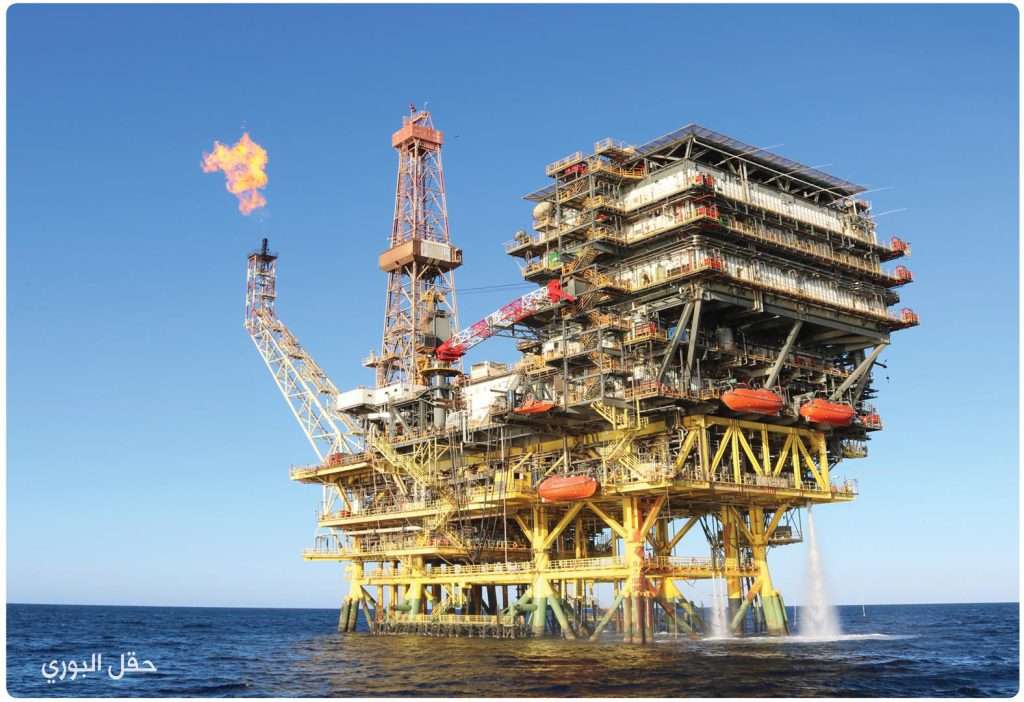Libya: first international oil exploration since 2007

After nearly two decades, Libya is stepping back into the international oil and gas arena, launching its first major exploration licensing round since 2007 as reported by Business Insider Africa on July 4th.
The chairman of Libya’s National Oil Corporation (NOC), Masoud Suleman, announced almost 40 leading oil companies, including Exxonmobil, Chevron and TotalEnergies, have already expressed interest in bidding for blocks, offering a major opportunity for the countries post-conflict recovery.
According to the NOC, Tripoli’s government are offering 11 onshore and 11 offshore exploration blocks, some containing untapped hydrocarbon discoveries. With the chairman confirming 37 major leading oil companies have expressed formal interest. The contracts are expected to be signed by the end of 2025 and will follow the Production Sharing Agreement model.
Libya currently produces 1.3-1.4 million barrels of oil per day, however the NOC is looking to increase this to 2 million within three years, pending sufficient foreign investment.
Since the 2011 uprising that lead to the deposition of Muanmmar Gaddafi, causing political instability and violence for over a decade, this is Libya’s first substantial oil and gas offering. The last similar bidding round was under Gaddafi in 2007.
Following years of withdrawal, leading organisations have started resuming their operations in Libya: British Petroleum and Italy’s ENI, in partnership with the Libyan Investment Organisation, suggested drilling in the Ghadames Basin in 2024. America’s Weatherford company has also followed suit, returning in 2025 following over a decade of absence.
The NOC has estimated Libya to have approximately 91 billion barrels of untapped oil and gas reserves, despite being unexplored, this positions the state as one of North Africa’s most promising energy frontiers.
Despite the financial bounty restoring optimism, the licensing round will owe its success to sustaining investor confidence through political stability and increased security. Not only is financial commitment essential to turning the exploration into a meaningful production, but governance reforms and improvements to infrastructure are needed.
The move to draw key energy organisations to the country could indicate a change in the tides for Libya’s economic fortunes, with a boost to domestic revenues and its relevance within the global energy community.
Business Insider Africa, Maghrebi.org
Want to chase the pulse of North Africa?
Subscribe to receive our FREE weekly PDF magazine














